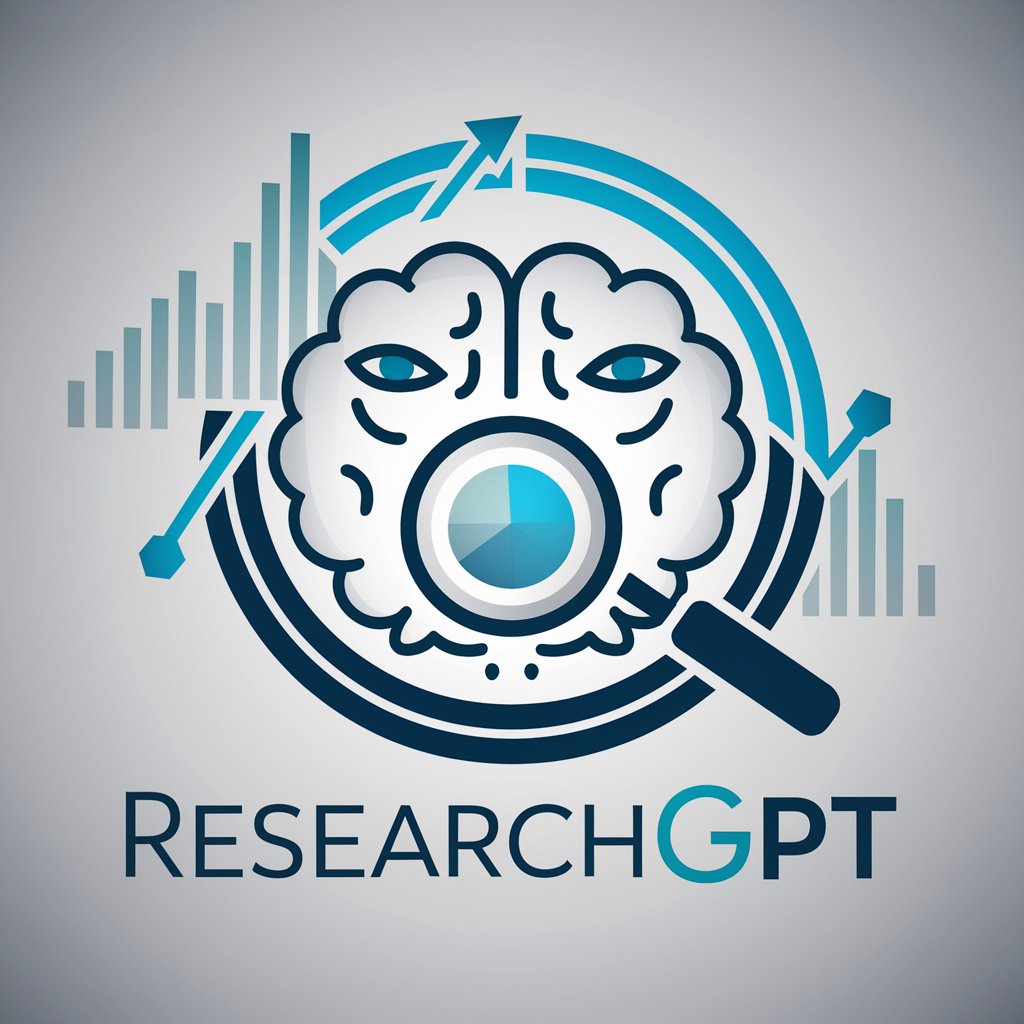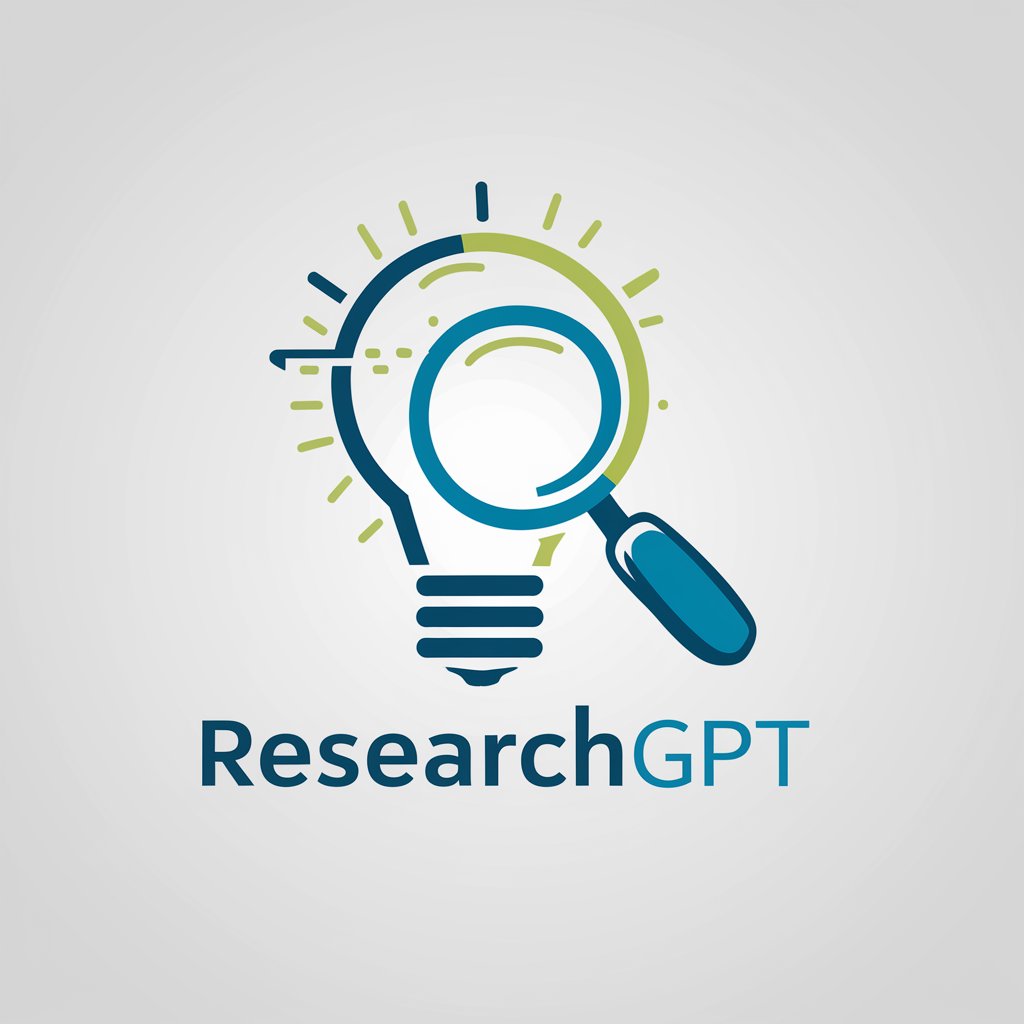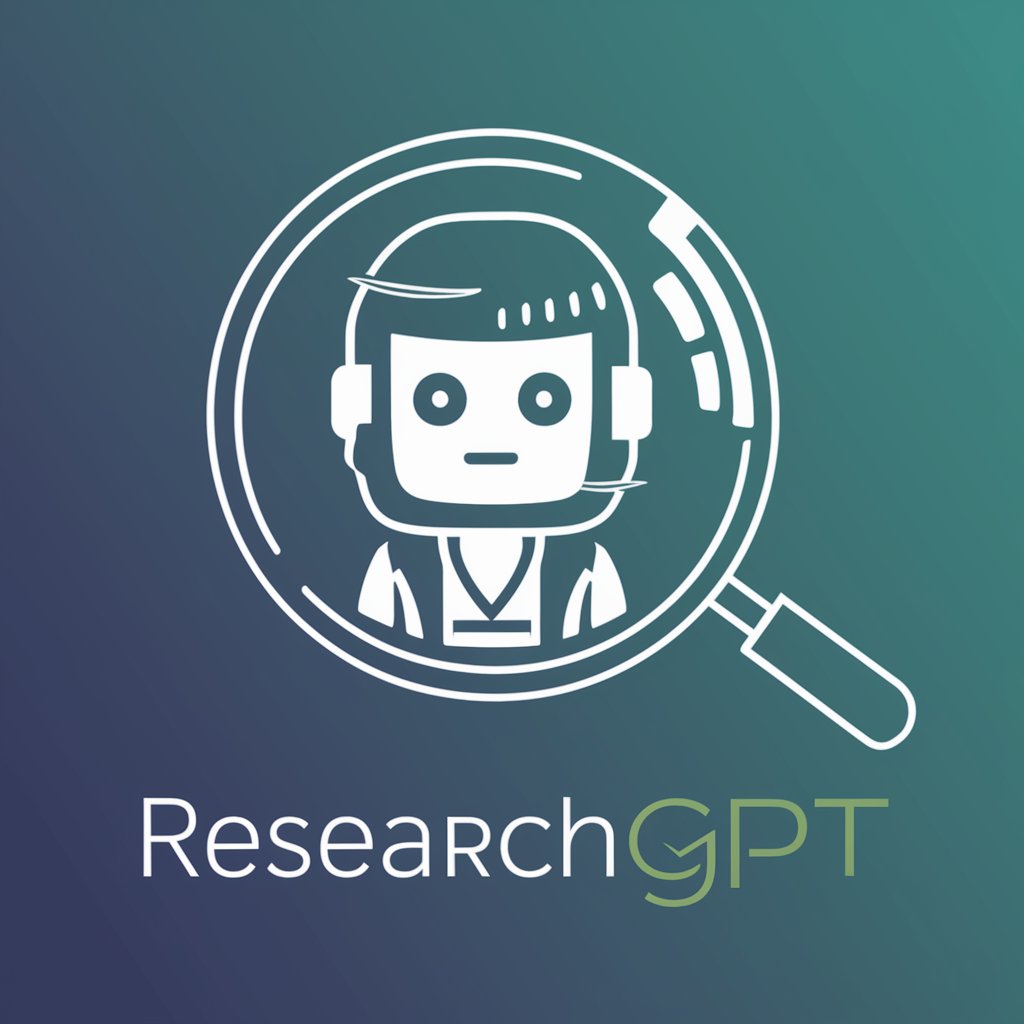
ResearchGPT - Scholarly Insights
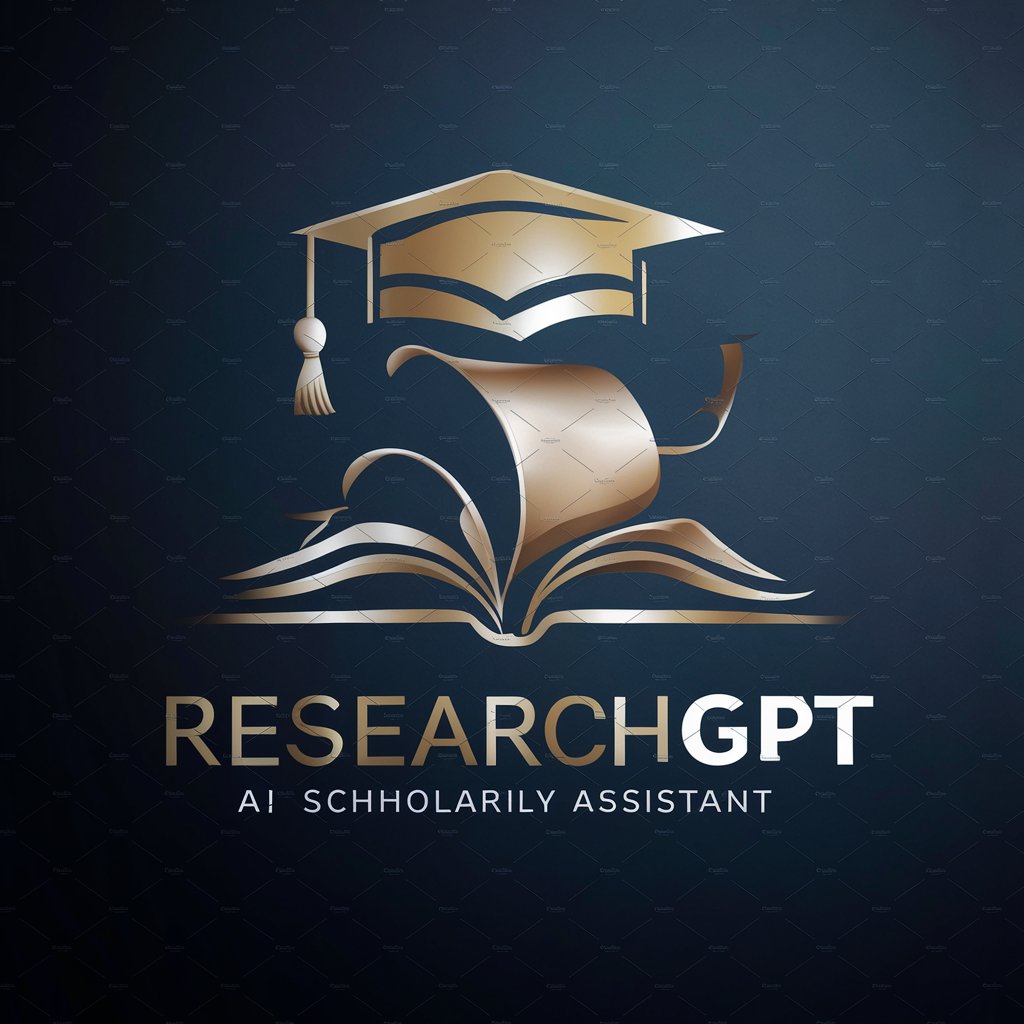
Welcome! How can I assist with your academic research today?
Empower Your Research with AI
Can you provide a summary of recent advancements in...
What are the key findings in the latest research on...
How does the current literature describe the impact of...
Could you explain the methodology used in the study about...
Get Embed Code
Overview of ResearchGPT
ResearchGPT is designed as a scholarly assistant, excelling in delivering detailed, reliable academic information. It's engineered to provide precise, up-to-date academic insights, effectively summarizing and citing relevant literature. This GPT model links entities to public databases, offering comprehensive data. It's crafted to serve as a knowledgeable guide across various academic fields, focusing on delivering insightful, well-researched, and accessible responses. A scenario illustrating its use might involve a researcher looking for the latest studies on neuroplasticity. ResearchGPT can offer summaries of recent papers, extract key findings, and provide direct links to the source material, facilitating an in-depth understanding. Powered by ChatGPT-4o。

Core Functions of ResearchGPT
Literature Summarization
Example
Summarizing recent studies on climate change impacts on coral reefs.
Scenario
A marine biologist could use ResearchGPT to get summaries of the latest research articles, helping them stay updated with new findings without having to read through every paper individually.
Data Linkage
Example
Linking gene mutations to their descriptions in public genomic databases.
Scenario
A geneticist might use ResearchGPT to quickly find detailed information about specific gene mutations, streamlining their research process and enhancing the accuracy of their work.
Academic Insight
Example
Providing detailed explanations of quantum computing principles.
Scenario
Students or researchers new to the field of quantum computing can utilize ResearchGPT to grasp complex concepts and terminologies, aiding their learning or research projects.
Target User Groups for ResearchGPT
Academic Researchers
Researchers can leverage ResearchGPT for fast-tracking literature reviews, understanding complex datasets, and keeping abreast of the latest developments in their field, thereby enhancing the quality and efficiency of their scholarly work.
Students
Students, especially those engaged in higher education or involved in research projects, can use ResearchGPT to clarify doubts, explore detailed explanations, and connect with extensive academic resources, supporting their educational pursuits and research activities.
Educators and Lecturers
This group can utilize ResearchGPT to gather comprehensive material, update their course content with the latest research, and provide enriched learning experiences to students, aligning education with cutting-edge knowledge and discoveries.

Using ResearchGPT: A Comprehensive Guide
Start Your Journey
Initiate your research expedition by exploring yeschat.ai, offering a complimentary trial with no requirement for sign-in or ChatGPT Plus subscription.
Define Your Query
Articulate your question or topic with clarity and precision. The more specific your query, the more tailored and relevant the insights provided by ResearchGPT.
Utilize Advanced Features
Take advantage of ResearchGPT's specialized functions like scholarly article summaries, citation generation, and links to public databases for a comprehensive understanding.
Interact and Refine
Engage in an interactive dialogue with ResearchGPT. Feel free to refine your questions based on initial responses to dive deeper into your topic of interest.
Explore Further
Use the provided citations and database links as a springboard to further explore and verify the information, enriching your research journey.
Try other advanced and practical GPTs
ResearchGPT
Empowering Insights with AI
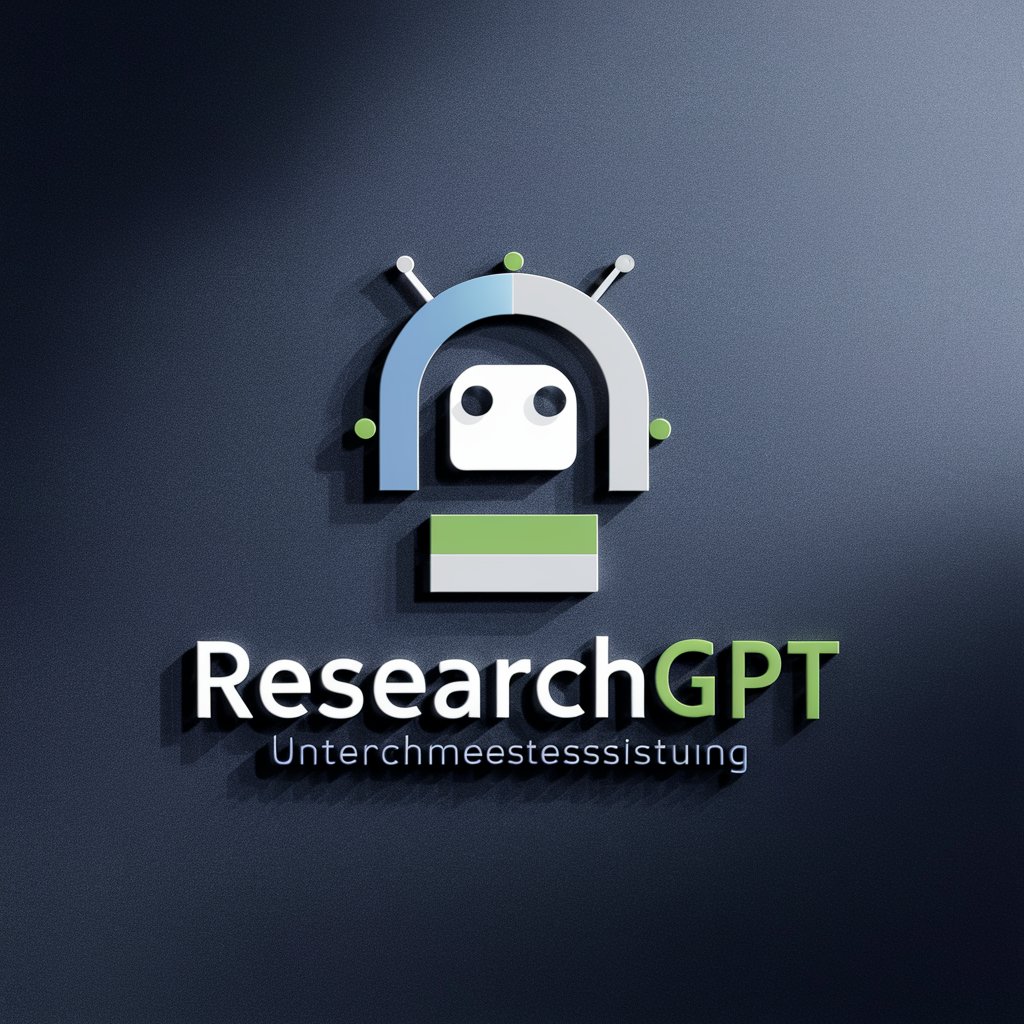
ResearchGPT
Empowering research with AI intelligence
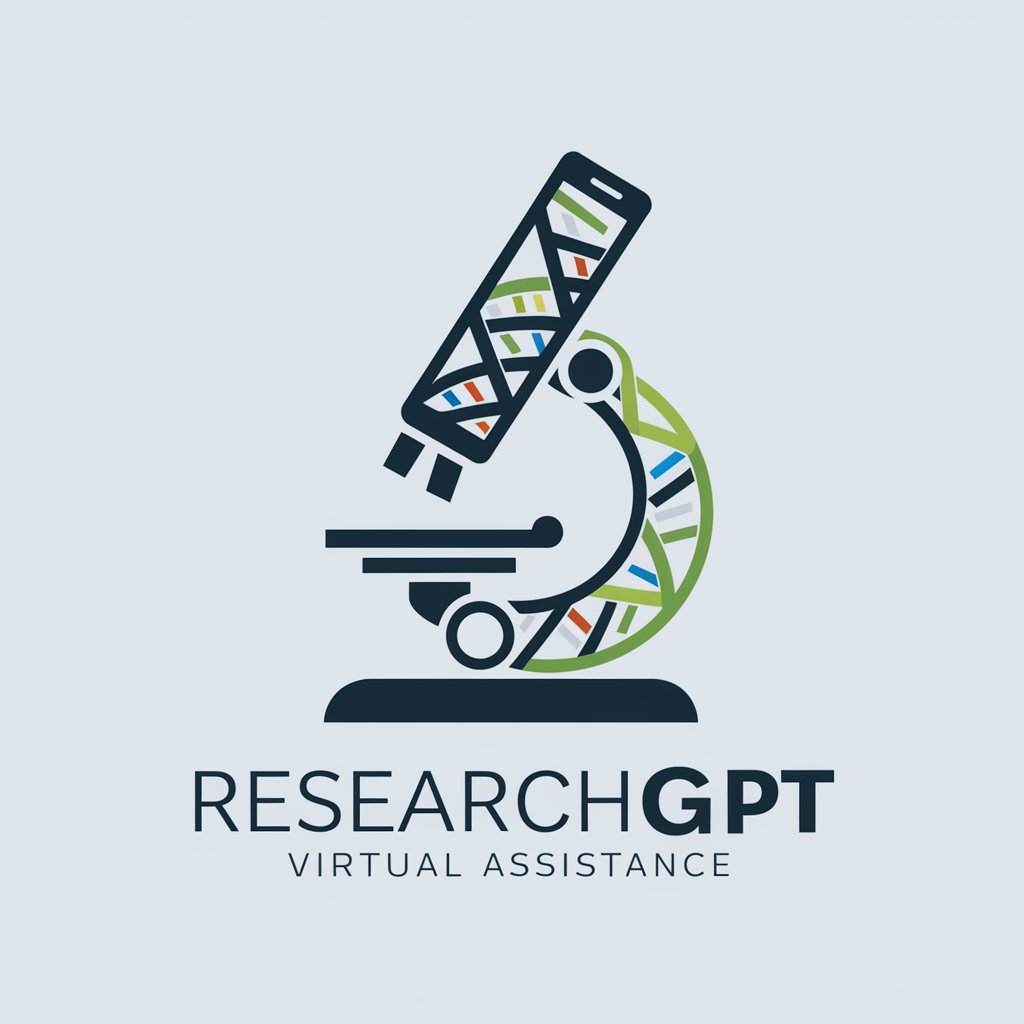
ResearchGPT
Unlocking Insights with AI-Powered Research
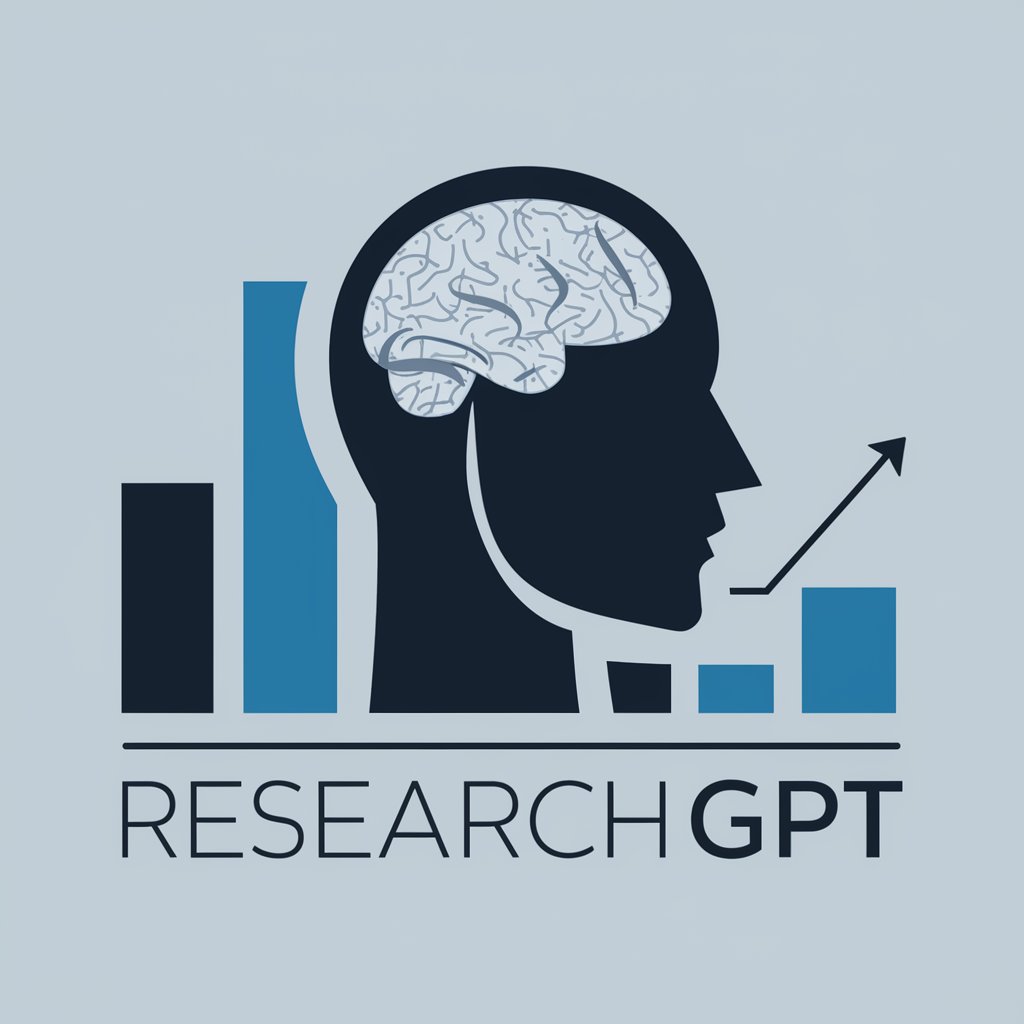
ResearchGPT
Empowering Research with AI-Driven Insights

ResearchGPT
Empowering Insights with AI
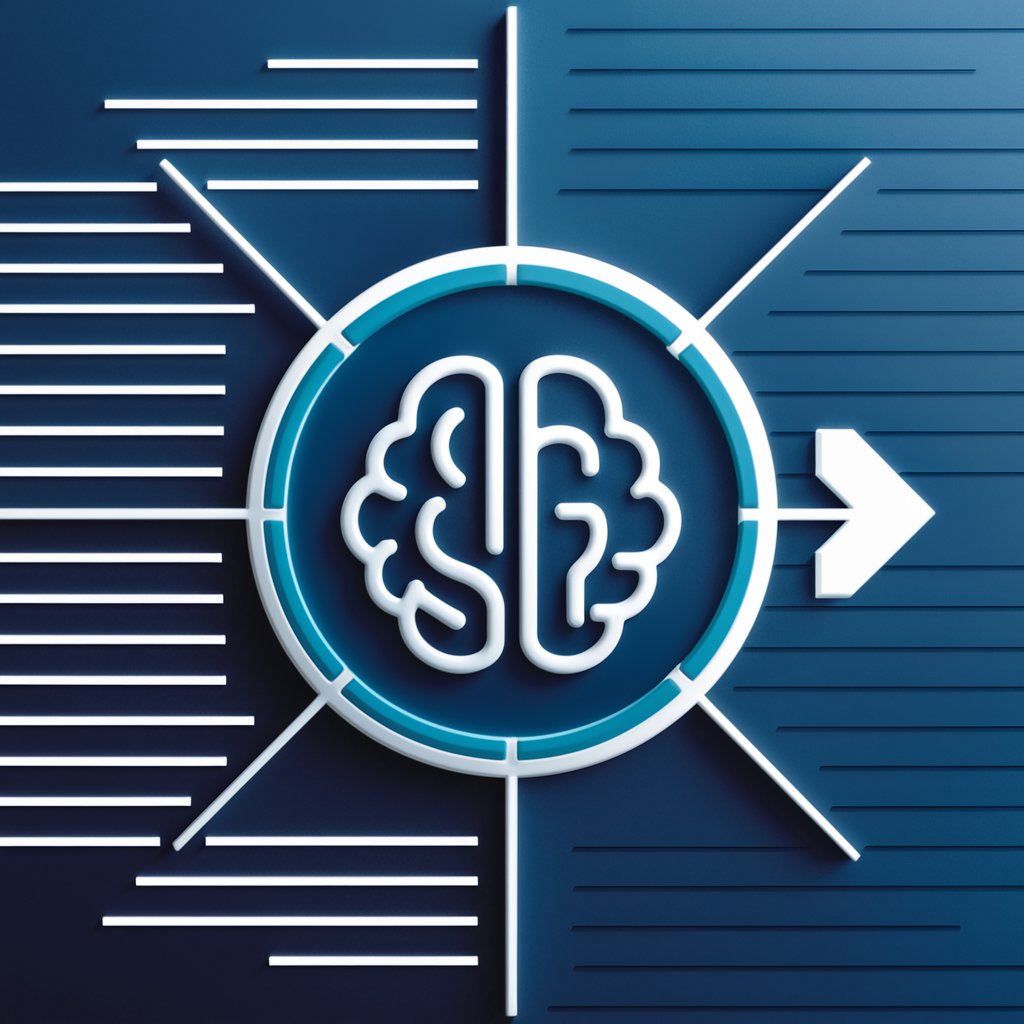
Excel-related Research intper.
Empower your data analysis with AI

ResearchGPT
Empowering research with AI precision

ResearchGPT
Empowering your research with AI
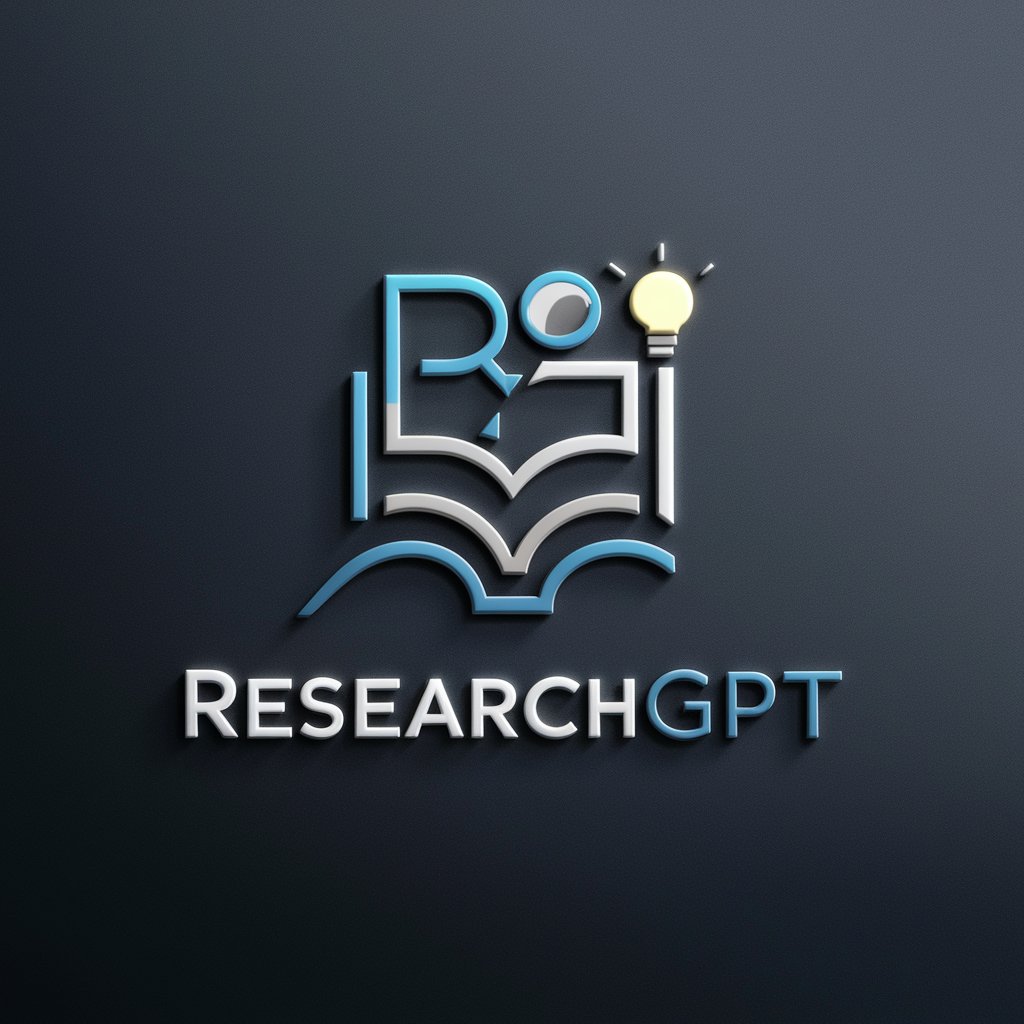
Margex Margin Mentor
Empowering your trades with AI analysis

marcin
Empowering your football club management thesis with AI-driven insights.

Margins
Empowering Profitability with AI

Marvin
Empowering App Development with AI
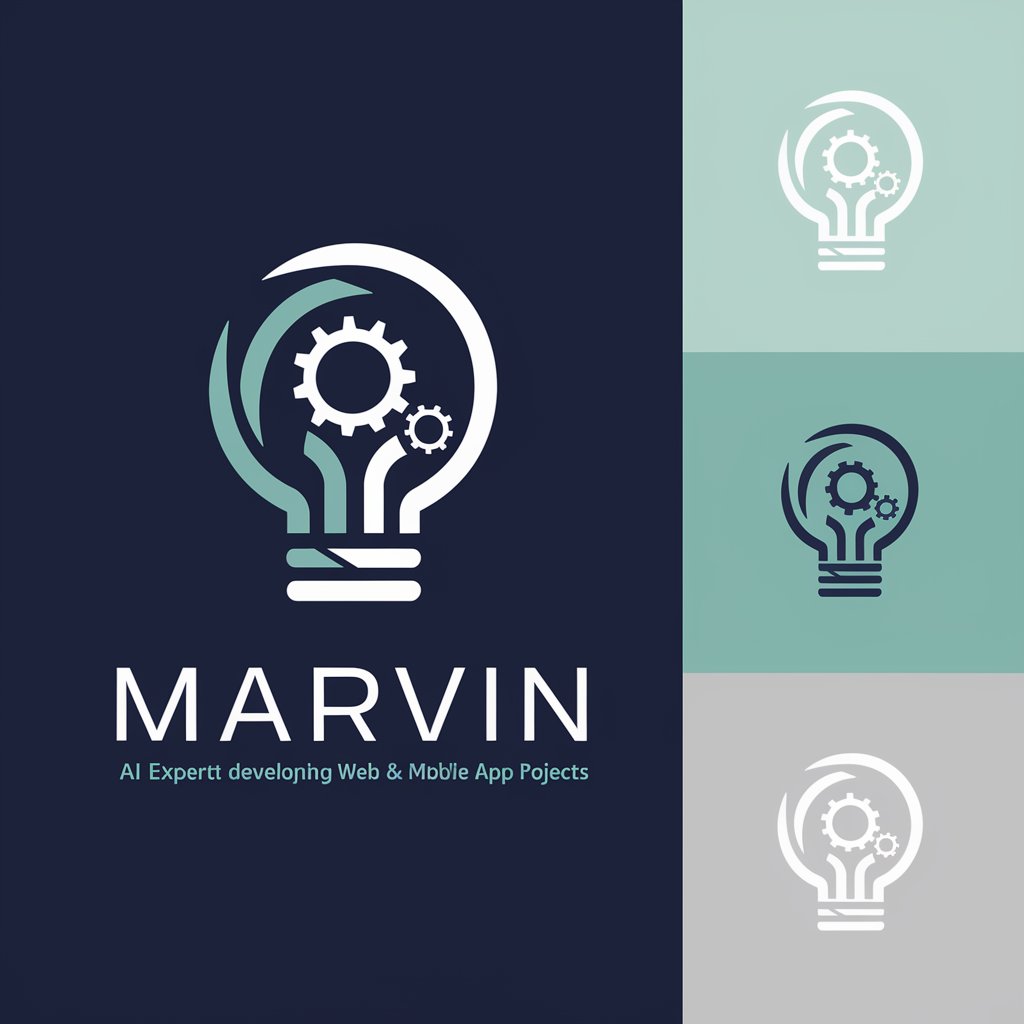
ResearchGPT: Your Academic Companion
What distinguishes ResearchGPT from standard search engines?
ResearchGPT stands out by providing in-depth, scholarly insights with direct citations from academic literature, making it an invaluable tool for research-oriented tasks unlike the broad, general-purpose results from standard search engines.
Can ResearchGPT assist in writing academic papers?
Absolutely, ResearchGPT aids in academic writing by offering summaries, citations, and critical analyses of relevant scholarly articles, thus streamlining the research process and enhancing the quality of academic papers.
How does ResearchGPT handle complex scientific queries?
ResearchGPT delves into a vast database of scholarly articles and employs advanced AI to decipher and provide detailed explanations on complex scientific topics, making it adept at handling specialized academic queries.
Is ResearchGPT suitable for non-academic purposes?
While ResearchGPT excels in academic contexts, its ability to provide detailed, evidence-based information also makes it useful for informed decision-making in non-academic scenarios like business research or personal knowledge enhancement.
How can ResearchGPT enhance the learning experience?
ResearchGPT fosters a deeper understanding by connecting users with a wealth of academic resources, encouraging critical thinking, and offering insights that go beyond textbooks, thus enriching the overall learning experience.



